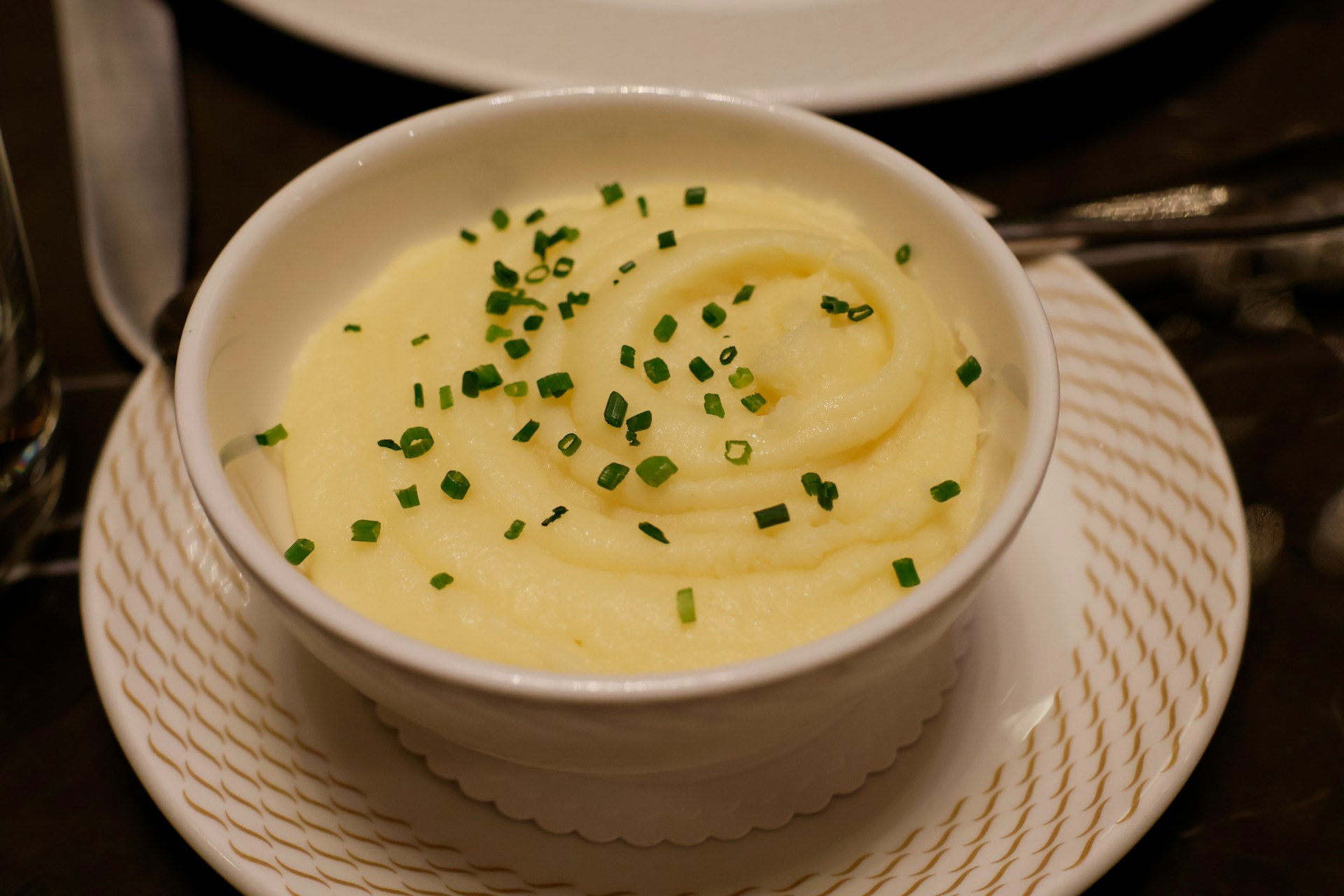Undergoing Upper GI surgery is a significant step towards better health, but the process doesn’t end once the surgery is over. One of the most crucial aspects of your recovery will be adhering to a specialised diet that supports healing and ensures you get the necessary nutrients. Understanding what to expect and how to make proper dietary adjustments can make this transition smoother and foster a quicker recovery.
Immediately following Upper GI surgery, your stomach and digestive system will need time to heal before they can handle normal food intake. Your diet will progress through several stages, each designed to gradually introduce more variety and complexity as your body adjusts. It’s essential to follow these stages carefully to avoid complications and promote optimal healing.
Long-term dietary adjustments will be necessary to maintain your health and support the changes brought about by the surgery. This includes regular intake of nutritional supplements and maintaining proper hydration. Being well-informed about these dietary changes can help you manage your new lifestyle more comfortably and successfully. Let’s explore the different phases of dietary adjustments you’ll experience after Upper GI surgery.
Immediate Post-Surgery Diet
Right after your Upper GI surgery, your digestive system will be in a delicate state, requiring a very gentle approach to food intake. Typically, you’ll start with a clear liquid diet. This includes options like water, broth, and herbal teas. Clear liquids help keep you hydrated while ensuring your stomach and intestines are not burdened with heavy digestion tasks.
After a few days, and with your surgeon’s approval, you can gradually introduce full liquids. This stage includes adding protein shakes, milk, and smooth soups into your diet. These liquids provide more nutrition while still being gentle on your system. It’s crucial to sip slowly and avoid consuming too much at once. Feeling full too quickly can be uncomfortable and might lead to complications.
Transitioning to Solid Foods
The transition to solid foods is a gradual process and differs for everyone. Once you’ve tolerated full liquids well, your doctor will guide you on introducing pureed foods. Pureed foods are smoothly blended, making them easy to swallow without putting too much pressure on your digestive system. Foods like mashed potatoes, pureed vegetables, and smoothies can be good options during this phase.
As you continue to heal, you can introduce soft foods. These are foods that are easy to chew and digest, such as scrambled eggs, soft fruits, and tender fish. Each new food should be introduced one at a time to monitor how your body reacts. Eating small, frequent meals is essential during this phase to prevent overwhelming your stomach. It’s important to chew your food thoroughly and eat slowly to aid digestion and avoid discomfort.
Long-Term Dietary Adjustments
As you move further from your surgery date, your diet will stabilise into what will become your long-term eating habits. It’s crucial to maintain a balanced diet that includes a variety of nutrients. Focus on incorporating lean proteins, whole grains, healthy fats, and plenty of fruits and vegetables into your meals. These foods will help you maintain energy levels and keep your body functioning optimally.
Portion control becomes particularly important in the long-term phase. Your stomach’s capacity will be smaller, so large meals may cause discomfort or complications. Eating small, frequent meals can help manage hunger and ensure you get the nutrients you need without overloading your digestive system. Be mindful of “empty calories” in sugary drinks and snacks, which offer little nutritional value and can lead to weight gain. Sticking to these dietary habits will support your long-term health and help prevent any recurrence of GI issues.
Nutritional Supplements and Hydration
Following Upper GI surgery, your body may struggle to absorb certain nutrients effectively. To counteract this, you’ll need to take nutritional supplements. Common supplements include multivitamins, calcium, vitamin D, and iron. Your doctor will recommend the specific supplements and dosages based on your needs. Taking these supplements consistently is essential for avoiding deficiencies that could impact your overall well-being.
Staying properly hydrated is another critical aspect of your post-surgery lifestyle. Dehydration can cause a range of problems, from general fatigue to more severe health issues. Aim to drink at least 8 to 10 glasses of water each day. Sip water slowly throughout the day rather than drinking large amounts at once. Avoid caffeinated or carbonated beverages, as these can irritate your stomach and lead to dehydration. Keeping a water bottle handy can remind you to drink regularly and help you meet your hydration goals.
Conclusion
Adapting to dietary changes after Upper GI surgery may seem challenging, but it’s an essential step towards a healthier future. By following the recommended stages from an immediate post-surgery diet to long-term adjustments and ensuring proper intake of nutritional supplements and hydration, you can maintain your health and aid your recovery process.
It’s important to stay informed and follow your doctor’s advice closely. Your journey may be unique, but with the right guidance and commitment, you can achieve and maintain a healthier lifestyle. For personalised advice and support during your recovery, contact Precision Upper GI Surgery in Sydney, NSW. Our Upper GI specialist is dedicated to helping you through each stage of your post-surgery dietary changes. Reach out to us today to schedule a consultation and take the next step in your recovery journey.



